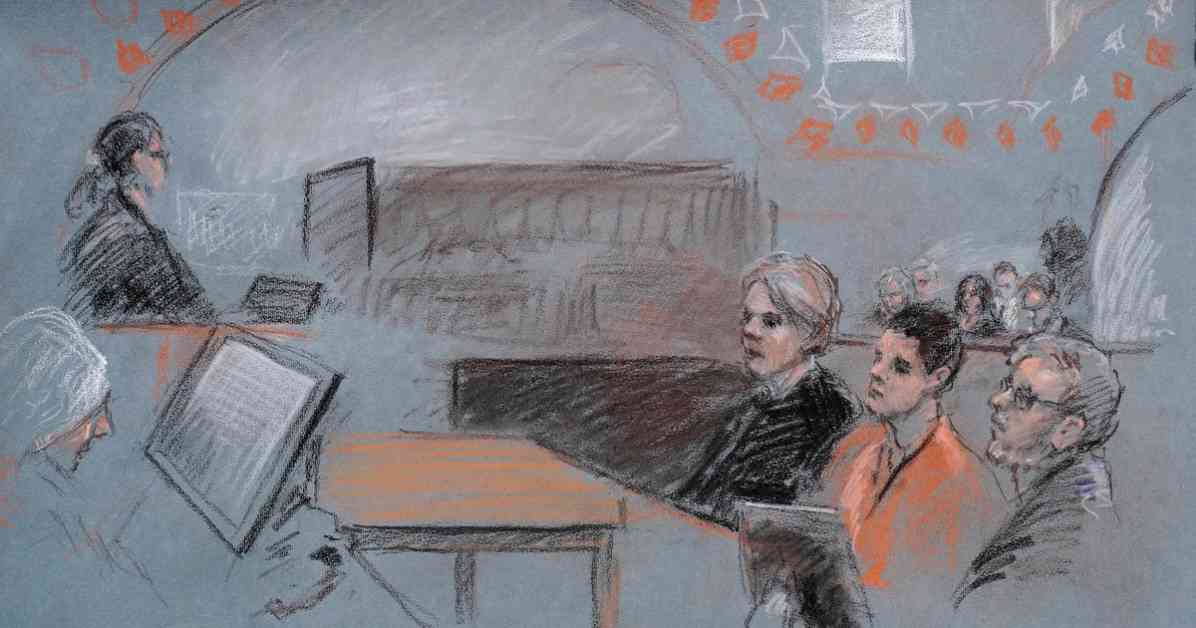A federal judge in Boston sentenced Jack Teixeira, a member of the Massachusetts Air National Guard, to 15 years in prison after he pleaded guilty to leaking classified military documents related to the war in Ukraine. The judge, Indira Talwani, delivered the sentence as Teixeira, dressed in an orange jumpsuit, sat silently in court. Before the sentencing, Teixeira apologized to the judge for his actions.
Teixeira’s guilty plea earlier in the year included six counts of willful retention and transmission of national defense information under the Espionage Act, making this case one of the most significant national security breaches in recent years. Prosecutors had initially requested a 17-year sentence, emphasizing the gravity of Teixeira’s actions, while the defense had sought an 11-year sentence, highlighting Teixeira’s lack of criminal history and stating that he did not intend to harm the United States.
The breach raised concerns about the U.S.’s ability to safeguard its classified information and led to diplomatic and military repercussions that the Biden administration had to address. Teixeira’s leak exposed sensitive details about Russia’s involvement in the war in Ukraine, including troop movements and support provided to Ukrainian forces. The leak also revealed information about plans to harm U.S. forces serving abroad, further underscoring the severity of the security breach.
Following his arrest, authorities discovered that Teixeira had attempted to conceal his actions by disposing of electronic devices like a tablet, laptop, and Xbox gaming console. Despite his post-arrest diagnosis of having mild, high-functioning autism, prosecutors argued that Teixeira was fully aware of the consequences of his actions and knowingly violated his oath to protect national security secrets.
Teixeira’s role as a cyber transport systems specialist within the Air National Guard allowed him access to classified information, which he then shared with others online, believing he was educating his peers about global events. However, the prosecution maintained that Teixeira’s intentions, while not malicious, had severe repercussions for national security and required a significant prison sentence to deter similar actions in the future.
The case serves as a stark reminder of the importance of safeguarding classified information and the severe consequences for those who betray their duty to protect national security. The sentencing of Teixeira to 15 years in prison sends a strong message about the seriousness of national security breaches and underscores the need for vigilance in safeguarding sensitive information.























